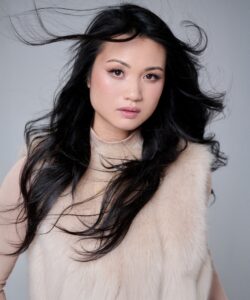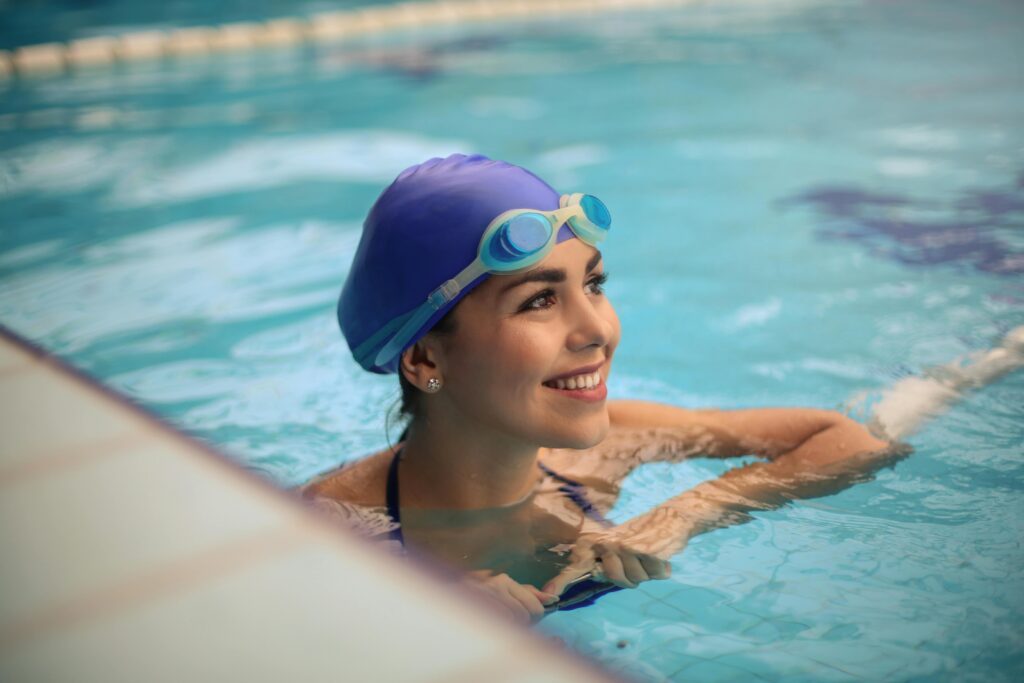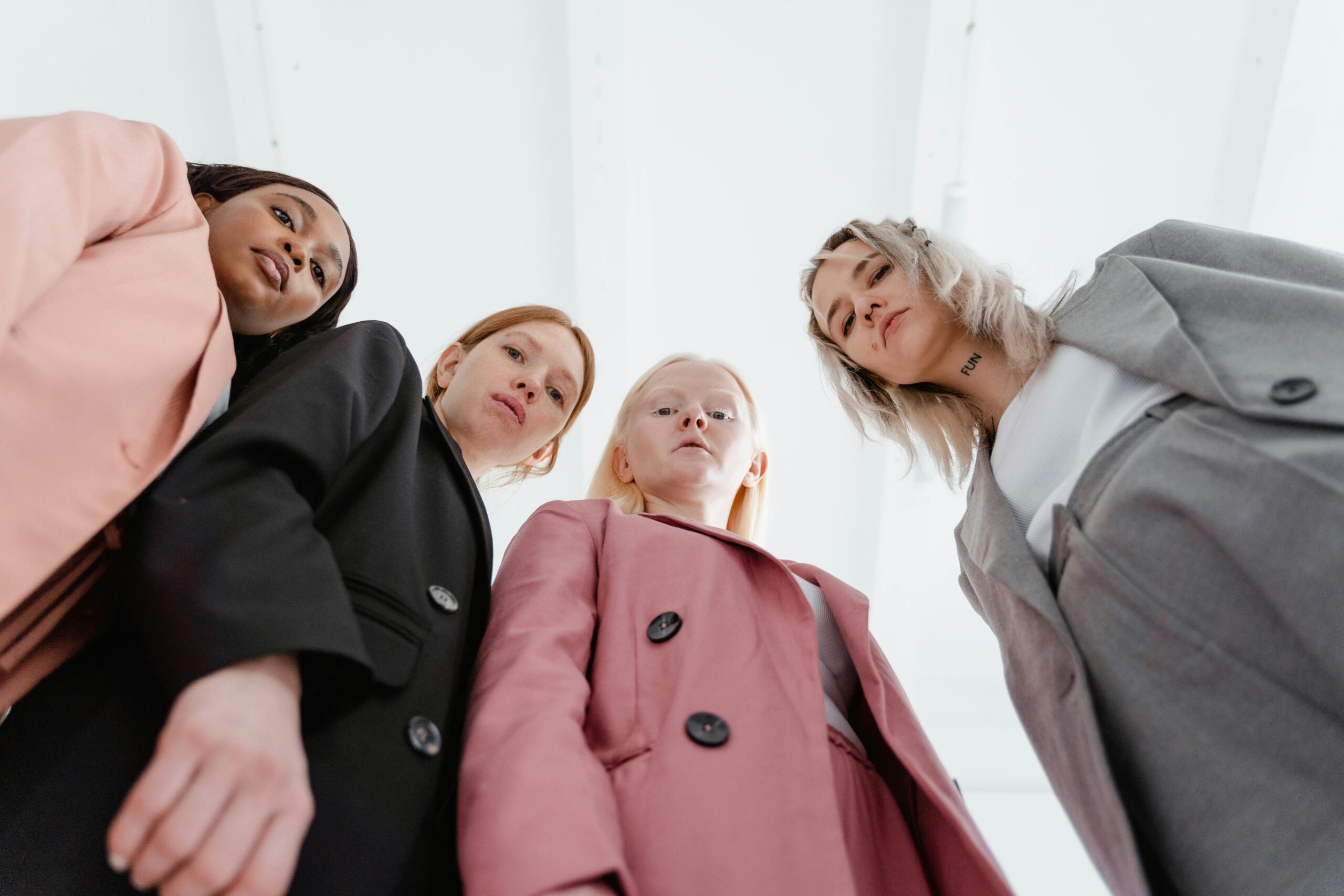In the world of elite sports, the pursuit of excellence is relentless. Athletes dedicate their lives to mastering their craft, pushing their bodies to the limit, and achieving feats that defy imagination. However, behind the glitz and glory of the Olympic Games lies a darker reality for many women athletes – the relentless pressure to conform to narrow beauty standards.
Body image and beauty standards have long been topics of concern in the world of women’s sports. The pressure to maintain a certain physique, often dictated by societal norms, can take a toll on athletes’ mental and physical well-being. For women Olympians, this challenge is magnified as they navigate the demands of their sport while facing scrutiny over their appearance.
One of the most significant challenges women Olympians face regarding body image is the expectation to maintain a specific body type. In sports where leanness or muscularity is valued, such as gymnastics or figure skating, athletes may feel pressured to adhere to strict diet and training regimens to achieve the desired physique. This pressure can lead to disordered eating habits, low self-esteem, and even serious health consequences.
Take, for example, the sport of gymnastics, where athletes are often judged not only on their performance but also on their appearance. Gymnasts are expected to maintain a lean and petite frame, which can be difficult for some athletes, especially during puberty when their bodies are naturally changing. This pressure to stay small can lead to unhealthy behaviors, such as extreme dieting or overtraining, in an effort to meet unrealistic beauty standards.
Similarly, in sports like swimming or track and field, where muscularity is prized, female athletes may face criticism for appearing too bulky or masculine. This can create a dilemma for athletes who must balance the need to build strength and power for their sport with the desire to maintain a feminine appearance.
Moreover, the scrutiny faced by women Olympians extends beyond their physical appearance to their overall presentation. Hair, makeup, and attire are often scrutinized, with female athletes expected to look polished and glamorous both in and out of competition. While some athletes embrace this aspect of their sport, others may feel uncomfortable or pressured to conform to traditional gender norms.
The impact of these beauty standards on women Olympians cannot be understated. In addition to the physical toll of intense training and competition, athletes must also contend with the psychological burden of constant judgment and evaluation. This can lead to feelings of insecurity, anxiety, and self-doubt, which can ultimately affect performance and overall well-being.
Despite these challenges, many women Olympians are speaking out and challenging the status quo. Athletes like Simone Biles, Serena Williams, and Megan Rapinoe have used their platforms to advocate for body positivity, diversity, and inclusivity in sports. By sharing their own struggles and triumphs, these athletes are inspiring a new generation of female athletes to embrace their bodies and redefine beauty on their own terms.
In conclusion, body image and beauty standards remain significant challenges for women Olympians. The pressure to conform to narrow ideals of beauty can have serious implications for athletes’ mental and physical health. However, by raising awareness, challenging stereotypes, and promoting inclusivity, we can create a more supportive and empowering environment for women in sports. As we celebrate the incredible achievements of female athletes on the world stage, let us also remember the importance of embracing diversity and championing body positivity in all its forms.







